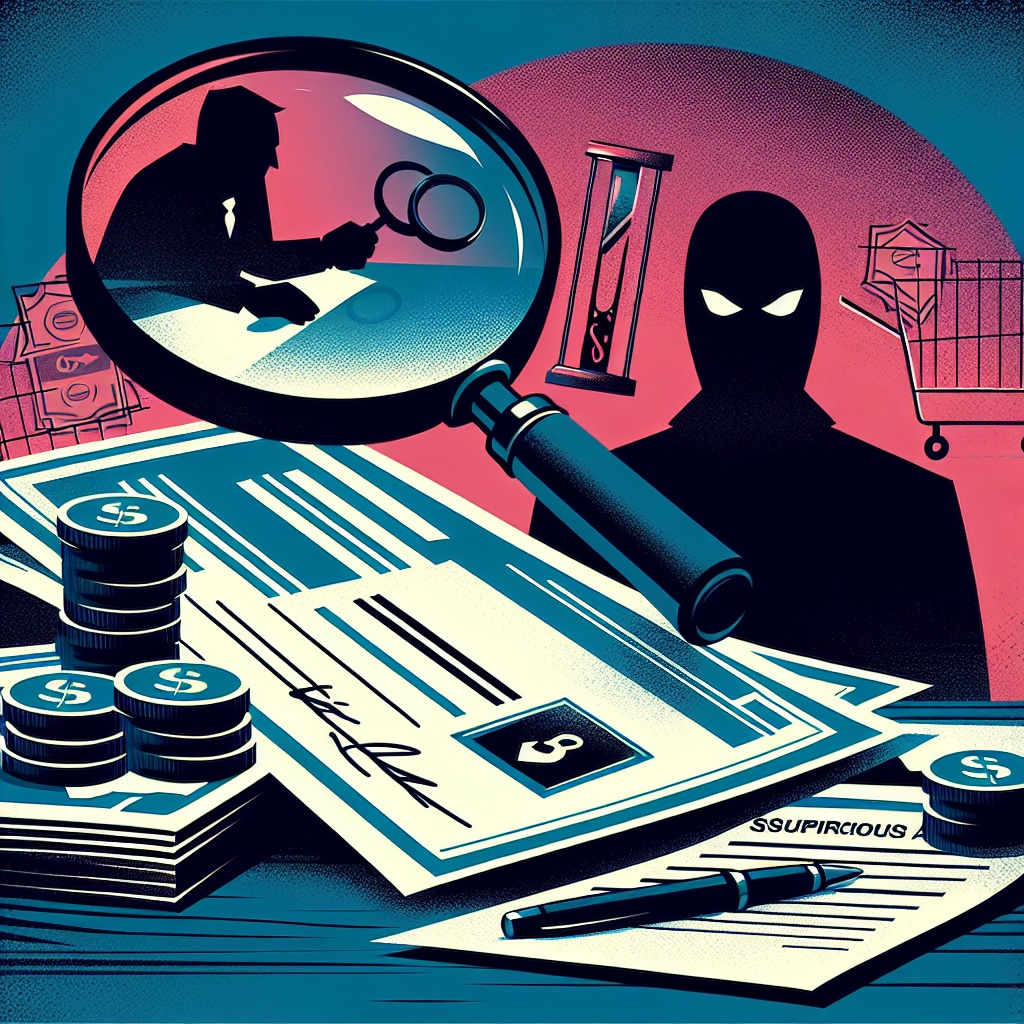Check Fraud Accounts for Nearly 20% of SARs Filings in 2023
- SARs accounted for nearly 20% of SARs filings in 2023
- There is nothing to indicate they will not continue their increase into 2024
- Checks remain fraud targets
Thomson Rueters reports that the number of suspicious activity reports (SARs) — the documents that financial institutions must file with the federal government’s Financial Crimes Enforcement Network (FinCEN) upon detection of behavior by employees or customers that may be associated with money laundering, fraud, or other types of criminal activity — is steadily rising.
This is significant because SARS is regarded as one of the most accurate measures of the prevalence of financial crime in any given year in the United States. Not surprisingly, the number of SARs have been steadily rising.

In mid-2023, a Thomson Reuters Institute special report on the surge in SAR filings predicted that approximately 3.75 million SARs would be filed in 2023, a 4.5% increase over 2022 SARs and a historic record. That prediction was accurate but fell a bit short — the final SARs tally for 2023 ended up being 3,809,823 SARs, a 5% increase over 2022 and yet another record in terms of filing volume.
Prior to the pandemic, SARs were increasing at a rate of roughly 2% to 3% year-over-year, but several converging factors have accelerated those statistics. A surge in fraud during the pandemic kickstarted the trend, which was then followed by a series of massive data breaches that exposed the personal data of millions of people, sparking an increase in all types of electronic fraud, including synthetic identify theft, account takeovers, and various forgery-related activities.
What many in the general public are not aware of is that since SARs are time consuming, many banks are not filling out a report for every case. In fact, several major financial institutions were handed fines related to not filing or delays in submitting SARs. So, while these numbers are a strong baseline, there could be thousands, even millions of incidences that are not filed every year.
No End in Sight
The article goes on to note that, in light of the fact that SARs filings over the past few years have shown no signs of slowing down, there is little reason to believe 2024 will bring any relief.
Indeed, SARs filings in 2024 are expected to continue increasing at a rate of 4% to 5%, which has quickly become the new normal for SARs filing volumes, according to Jacob Denman, Risk and Fraud Product Manager at Thomson Reuters.
“I don’t see much slowing down in 2024,” Denman says. “Anti-money-laundering (AML) activity will probably remain flat, but I think account takeovers, identity fraud, and forgeries are going to continue to grow because of so many data breaches,” he adds. “I also think we’re going to see big growth in synthetic identity fraud, because AI [artificial intelligence] technology and the general availability of personal data makes it easier than ever to create and nurture fake identities.”
Checks are a Major Target
Denman goes on to note that even areas of fraud that declined slightly in 2023 -- check fraud, for instance -- will likely maintain a steady pace into 2024 as well. “Honestly, it’s hard to see how check fraud could go any higher,” Denman said, but he concedes that it might.
Until 2021, check fraud averaged about one quarter-million SARs per year, but the number of check-fraud SARs began rising in 2021, and almost doubled — to more than 683,000 in 2022, compared to more than 350,000 SARs the previous year.
Interestingly, that timeframe coincides to when national and international crime rings began raiding mailboxes and stealing mail from postal carriers. Then — in a practice called checkwashing — criminals change the payee on any checks they steal and cash them or deposit them electronically into another account.
While the number of check-fraud SARs fell just a bit in 2023 to 665,505, even that number is shocking, Denman says.
“Check fraud accounts for almost 20% of all SARs filed,” Denman says. “And if you consider that more than half of all SARs are filed by the top five or six banks in the country, and those banks are getting hit close to 100,000 times a year — that’s nuts.”

As we noted earlier, the 665,505 are what were filed, but we can confidently assume that there are thousands of reports not filed -- which would push the total higher in 2023.
#OrboIntelligence Check Fraud Resource Hub
While recently SARs reporting has been publicized by mainstream media for check fraud data, the industry does not have a single source of reliable check fraud data. Previously, the industry benchmark was the ABA Deposit Fraud Survey -- but that last one was published in 2020, based on 2018 data. Since then, we have seen countless 3rd parties perform their own research -- with the only constant being that check fraud continues to rise.
In an effort to assist the industry, OrboGraph launched it's #OrboIntelligence Check Fraud Resources Hub -- amalgamating first and third party data into a single webpage. This includes industry reports, webinars/videos/podcasts, and blog posts and articles.

As an industry leader in check fraud detection, we understand that providing proven technology to stop check fraud is only part of the solution. It's equally important to provide financial institutions with the most up-to-date information, data, and trends. If you have additional resources that you would like us to add to the #OrboIntelligence Check Fraud Resource Hub, please email marketing@orbograph.com.